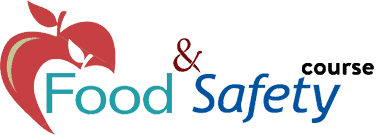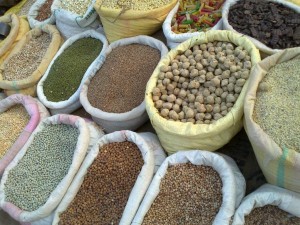
As a parent food handling classes can be very useful in ensuring that you and your family are protected from any food illnesses as a result of poor food handling. In the classes you will learn various essential food handling procedures that are not only useful while cooking at your home but also while purchasing food items from the grocery store, supermarkets or restaurants.
The first and most important procedure taught in food handling class is washing of hands before, during and after preparing food. Washing of hands, kitchen utensils, surfaces and kitchen environment is the first defensive procedure by you against food-borne illnesses.
Below are a few tips from food handling classes:
- Wash hands regularly for about twenty seconds with soap and warm water before handling any food item. Always make sure you wash your hands after every activity such as: handling pets, using the bathroom, changing baby’s diapers, working in the garden and so on.
- Frozen perishable food needs to be thawed in the refrigerator or in the microwave; it should never be defrosted outside of the kitchen cabinet. The defrost food should be cooked immediately.
- When ordering perishable takeout food, demand for hot so you get the freshly prepared food. Also food prepared at home such as animal, poultry, aquatic products and perishable food such as vegetables and fruits should not be stored outside the refrigerator for more than 2 hours.
- Leftovers should be stored in small plastic containers so you can find a place for them in the refrigerator and easily warm it in the microwave when you need to eat them.
- The refrigerator’s temperature should be set to about 40 degrees Fahrenheit while the freezer should be set 0 degrees Fahrenheit. Storing the food items at the correct temperature helps protect them from bacterial infection and contamination. It helps to keep a thermometer in the refrigerator for the purpose of monitoring its temperature.
- In food handling classes you will learn proper measures to control cross contamination, this should be practiced regularly. Chopping boards, folks, knives, plates, pots must be washed properly with the right detergent either in the dishwasher or with warm soapy water, rinse them all thoroughly with warm water because they might have been contaminated by bacteria from animal products, seafood; hence cross contamination.
- All vegetables and fruits must be washed thoroughly before cooking,
preparing or eating them. Another option is going to the health stores and grocery stores to purchase washed vegetables and fruits.
- Only eat food that is safe for you because you definitely can’t be sure which food is infected with bacteria without doing some laboratory testing.
Animal, seafood, poultry and perishable products must be stored at a certain temperature and should be monitored regularly. Otherwise, the food products will be exposed to bacterial infection. The food product must also be cooked properly which should also be measured with a thermometer especially when cooking for a bunch of people.

